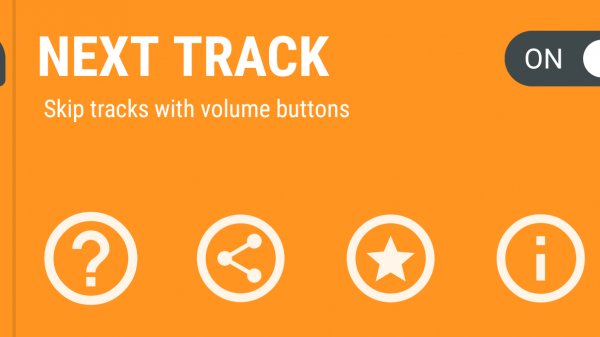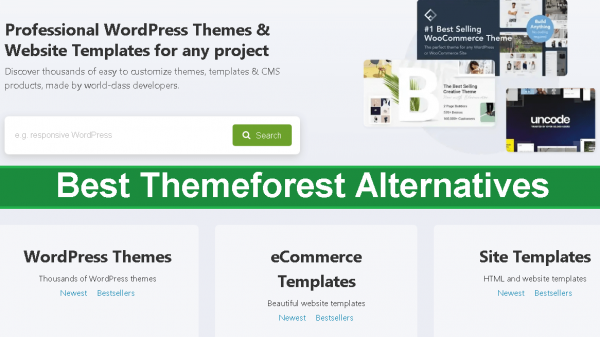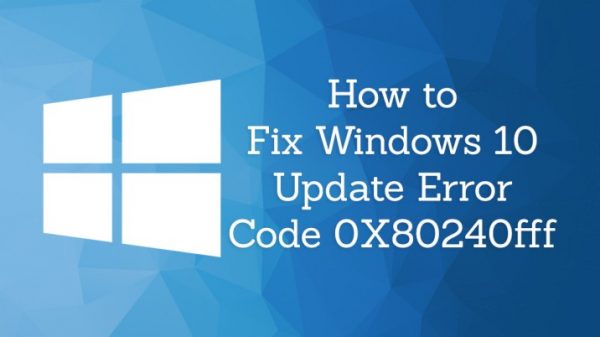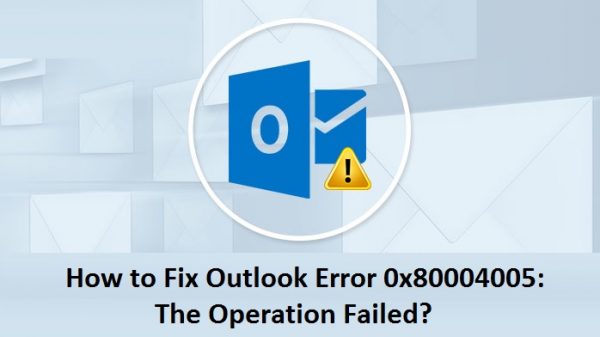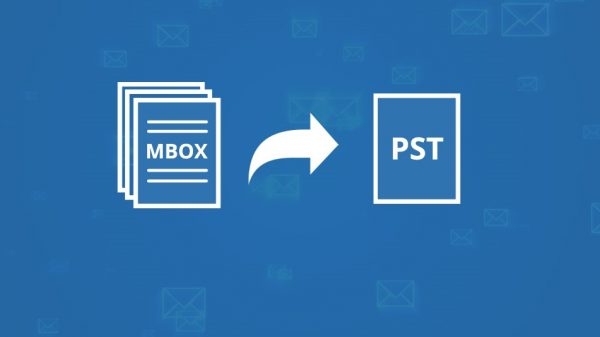It is impossible to overstate the value of local SEO in digital marketing. The importance of maintaining an internet presence cannot be overstated for both small and large enterprises. Tools for local SEO might help you increase visibility and draw in customers.
Local SEO tools can be used to track rankings, offer competitive data, help create keywords that are SEO-friendly, keep track of performance, and promote consumer interaction. We list some of the top local SEO tools available right now in this article. There is a solution for every business, ranging from free SEO tools like Semrush’s Google Business Profile. To accomplish your business goals more quickly and easily, try one or all of these!
1. Semrush Listing Management Tool
The Listing Management tool makes adding and updating your company’s information to the most prestigious directories inside and outside the US simpler than ever. As soon as your listings go live, you can use the tool to monitor and update them so that they continue to be correct and consistent across all platforms.
Using this comprehensive local SEO tool, you may track client feedback, your company’s position in the local search results for your target cities, and your overall local search performance. Even without logging in, you may keep on track by configuring the tool to send you location data through email.
2. Growthbar (Chrome Extension)
Growthbar is a free tool for local SEO that is also accessible as a Chrome extension. For competition research and local keyword research, you can use the tool to track the rankings of a website’s main keywords.
Growthbar also offers insights into a website’s domain authority, allowing you to view and follow the authority of your rivals. Use the rank tracker to keep track of which websites frequently appear for particular queries or rank for particular keywords.
3. Georanker
One distinctive feature of Georanker is its ability to track a website’s ranking across many global locations. Heat maps with contrasting colours are used to represent this data and highlight regions where the website performs well.
Users can use this data to create targeted ads that will help them maintain or raise their position. Users can see the precise location of their desired locations using the local rank tracker. It also features a citation tool that lets customers find where their rivals’ citations are coming from.
4. Yext
With Yext’s Review Monitoring function, you can track and reply to customer reviews from all locations in one dashboard thanks to integrations with third-party websites. You can also obtain genuine first-party testimonials from clients and post them on your website.
Additionally, Yext offers powerful tools to optimize your business listings for voice search.
5. Semrush Position Tracking Tool
The Position Tracking tool monitors the position of your website for a specific set of target keywords. Because it may also target a particular device type or region, it’s a helpful local SEO tool. (However, you can only track a certain number of terms.)
Compare your entire performance to that of your rivals, taking into account visibility and anticipated traffic. You can stay current on all of your position tracking campaigns instantly and while on the go with the Position Tracking mobile app.
6. Synup
Synup monitors your company’s success on search engines, regional directories, and review websites. To ensure your citations are accurate, Synup searches over 200 local search engines and directories for data inconsistencies.
Additionally, it can assist you in monitoring your website’s traffic and rankings, alert you when comments are made so you can reply, and sync your location data across many websites.
7. BiQ
For 1000 keywords, BiQ gives real-time rank tracking. It offers a mobile app for monitoring while you’re on the road and supports many languages.
Additionally, it can be used for keyword research to improve your ranks and visibility. Use the rank intelligence tool to find the content gap between your company and your rivals. BIQ can also help you come up with suggestions for how to organize your content and marketing tactics in addition to these features.
8. Google Business Profile
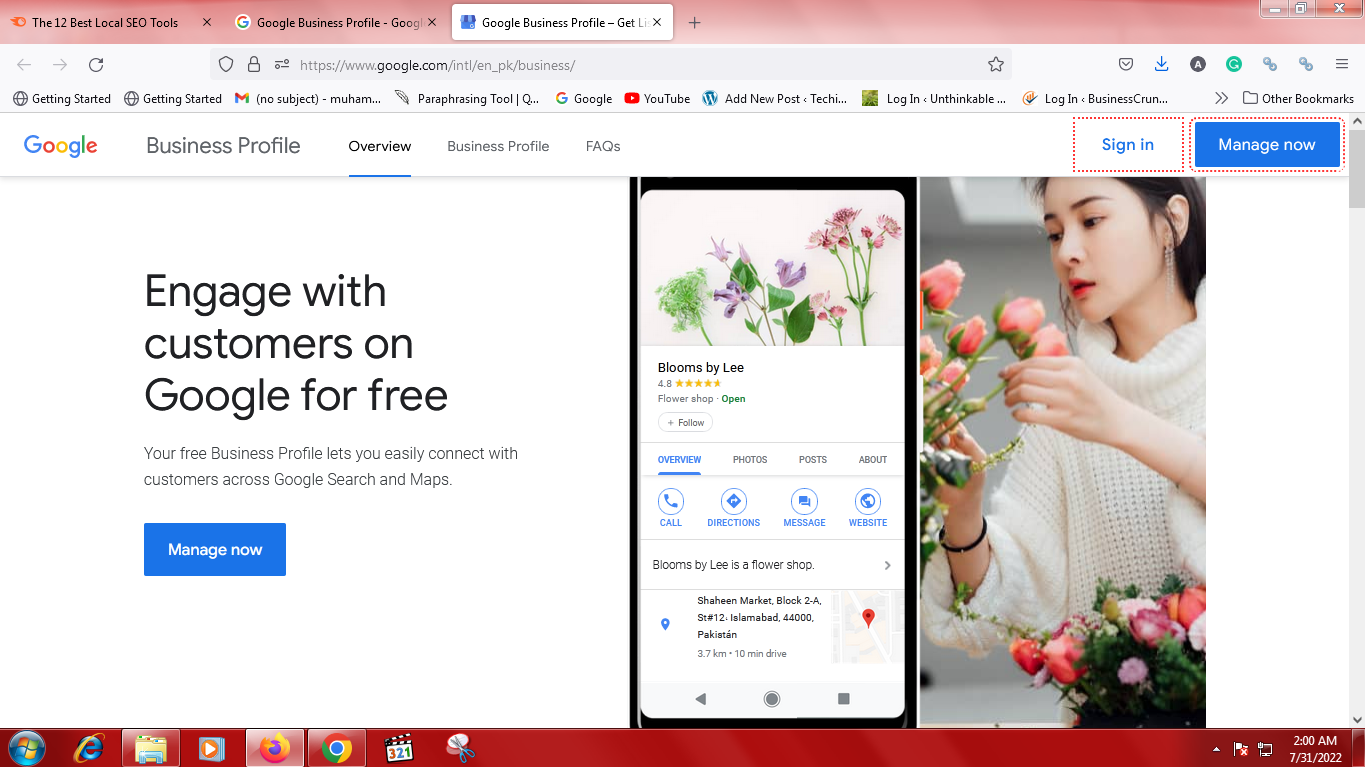
One of the best local SEO tools is the Google Business Profile. Having one makes it simple for customers to find details about your company, like an address or phone number.
Businesses may be compared, local rivals can be found, and reviews can be followed and addressed. Customers can also “schedule an appointment” through Google, which may entice them to interact with your listing more.
9. Google Ads Keyword Planner
There are a number of elements in the Keyword Planner tool for Google Ads that may be useful for local SEO. Despite the fact that you could use the tool to plan PPC campaigns, you should be aware of the competition column, which displays how difficult it might be to run ads for your target term.
For a detailed examination of the Keyword Planner tool and its numerous applications, see our guide to using Google Keyword Planner for SEO and PPC Campaigns.
10. Google Search Console
To assist you in making sure your website is still Google-friendly, Google provides the Google Search Console. You can also use it to see how many pages Google has crawled from your website and the keywords for which Google ranks your site.
You can also see from the application how many clicks and impressions your website has. Any usability problems your mobile site or pages may be having right now are displayed in the section on mobile usability. Look for more errors and other dynamic indexing problems that your website is experiencing, and take the necessary steps to address them.
11. Google Analytics
This online analytics service monitors and provides users with reports on web traffic. The Google Analytics report service displays the daily visitors to your website. You can view the external websites that direct traffic to you using the third-party referrals option.
Additionally, you can keep track of session length, bounce rate, and pages per session. You can also use demographic data to gain insights into your target market.
12. Google Trends
Google Trends is mostly used to compare term popularity and monitor increases in keyword search volume that are caused by events. Despite not being a conventional SEO tool, it provides users with useful information including a search volume index and user location data.
Businesses can utilize this information to develop focused advertising and devise fresh strategies for outranking rivals. What queries are most likely to direct people to your website are also listed in Google Trends.
Local SEO services can strengthen the online marketing plans of companies with physical locations. Driving traffic online is never an easy effort; if you want to get more traffic, you need to keep an eye on a number of significant elements. You can improve audience engagement with the appropriate local SEO tools while saving time and resources.







